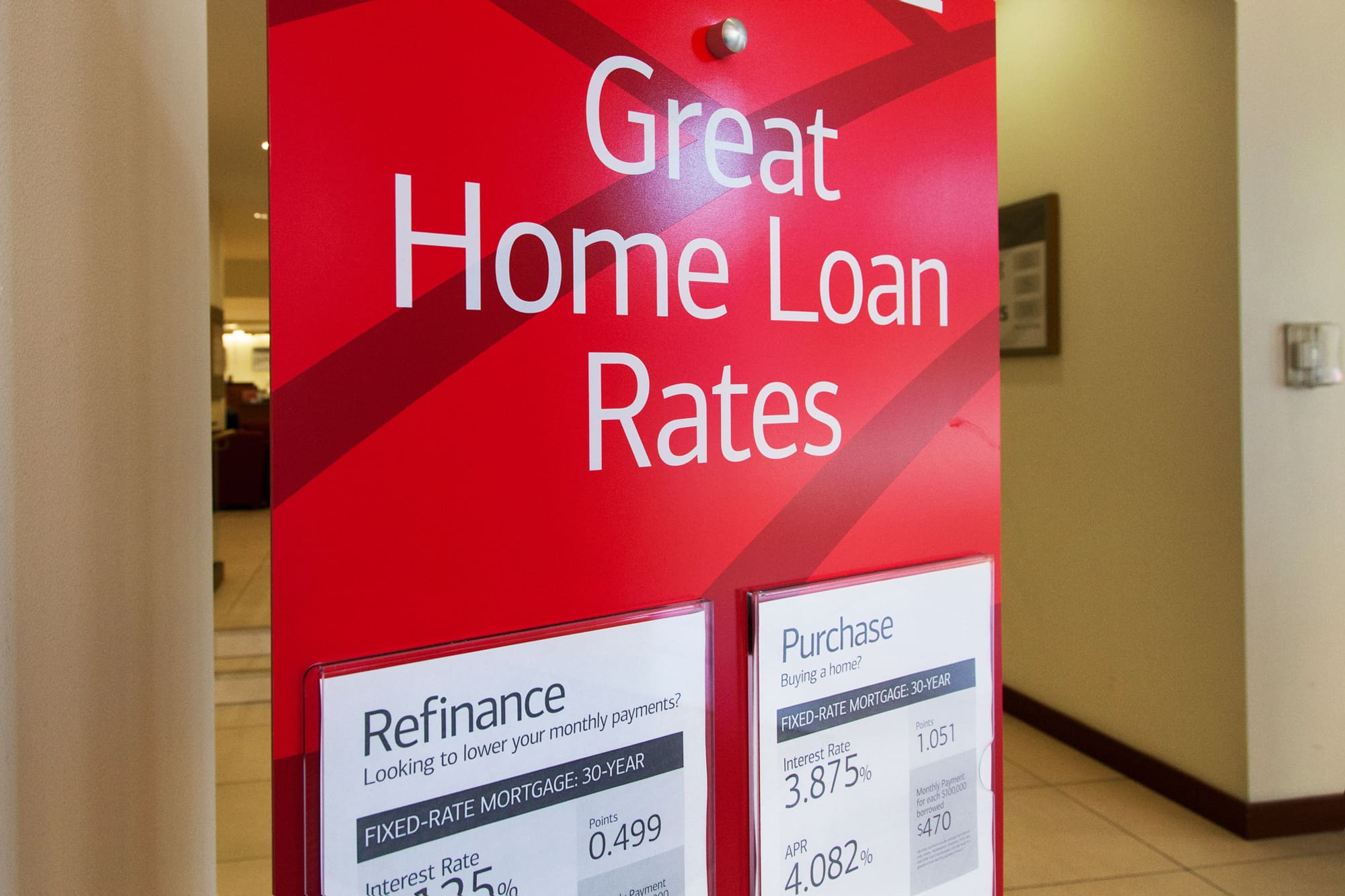Products You May Like
A brief surge in mortgage refinance demand fizzled fast, after interest rates resumed their climb along with the stock market. The initial scare from the Covid omicron variant caused rates to drop for about four days, sending borrowers rushing to their lenders, but then rates moved sharply higher again, and then see-sawed a bit last week.
As a result of the sharp swings, for the week the average contract interest rate for 30-year fixed-rate mortgages with conforming loan balances ($548,250 or less) remained unchanged at 3.30%, with points staying unchanged at 0.39 (including the origination fee) for loans with a 20% down payment.
Applications to refinance a home loan decreased 6% for the week and were 41% lower than the same week one year ago, according to the Mortgage Bankers Association’s seasonally adjusted index. Last year at this time rates were about 45 basis points lower.
“Fewer homeowners have a strong incentive to refinance at current rates,” said Joel Kan, an MBA economist.
About one-quarter of all borrowers have rates lower than 3% with more between 3% and 3.5%, according to Black Knight, a mortgage data and analytics firm. In general, borrowers would need to shave about 50 basis points off their current rate to make a refinance worth the cost.
Applications for a mortgage to purchase a home increased just 1% week to week and were 9% lower than the same week one year ago. While housing demand is strong, supply is weak and prices are continuing to rise at a fast pace. The trajectory of higher mortgage rates ahead is not helping homebuyers, especially first-timers who have very little extra room in their budgets.
Mortgage rates held steady to start this week, but all bets are off Wednesday afternoon, when the Federal Reserve makes its latest announcement on monetary policy. While mortgage rates don’t follow the fed funds rate, they are heavily influenced by the Fed’s purchases of mortgage-backed bonds. That support since the start of the pandemic caused mortgage rates to hit more than a dozen record lows last year. That is about to end.
“The Fed will most likely announce a faster wind-down of its bond buying programs. The targeted end date for bond buying will tacitly suggest the time frame in which the Fed is thinking about hiking rates for the first time since cutting them to zero at the start of the pandemic,” wrote Matthew Graham, chief operating officer at Mortgage News Daily.
